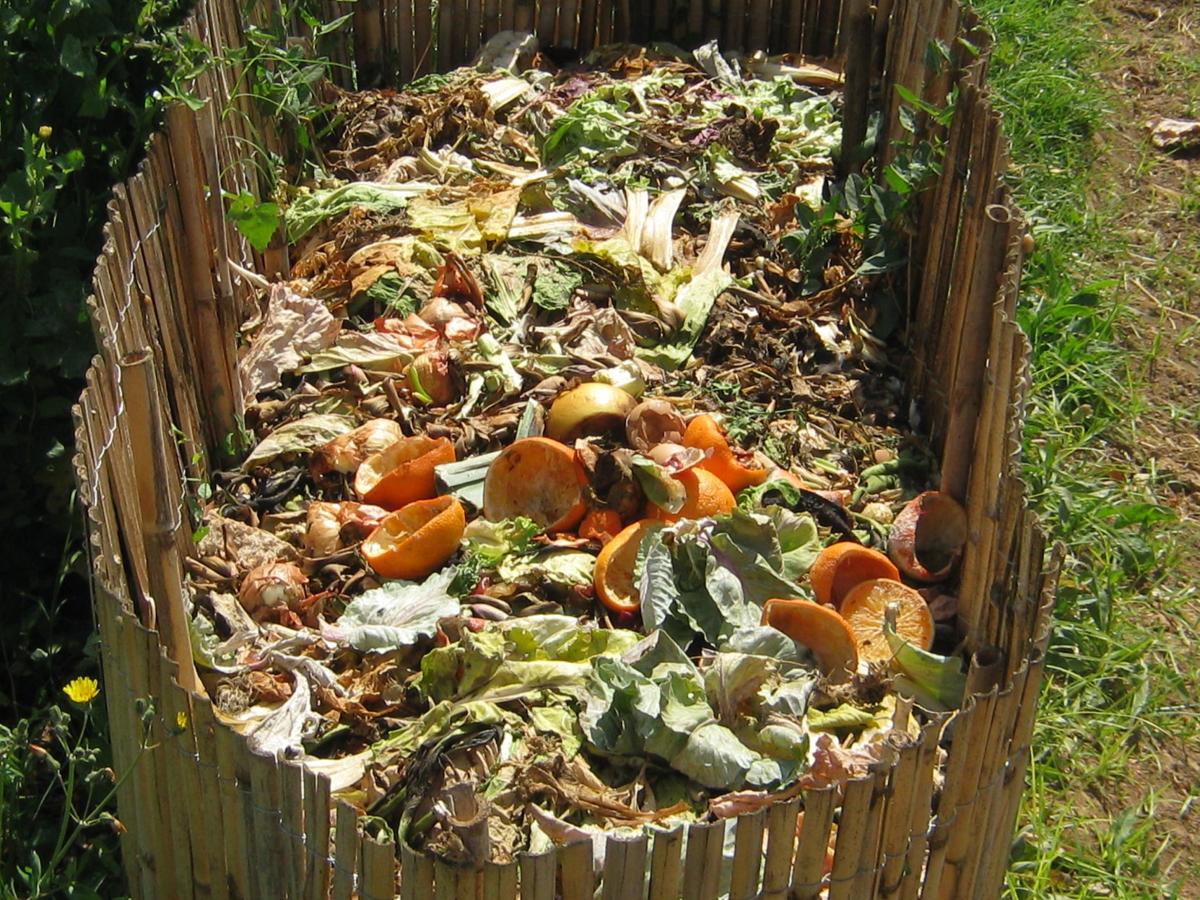Best Organic Mulch Options for Vegetable Gardens: A Comprehensive Guide

Are you tired of weeds taking over your vegetable garden? Do you want to enhance soil health and boost your harvest? The secret lies in choosing the best organic mulch for your vegetable gardens. Think of mulch as the superhero of your garden—it fights weeds, retains moisture, and nourishes the soil. Let's dive into the world of organic mulch and discover the best options for your garden.
Why Organic Mulch Matters
Organic mulch is more than just a layer of material on top of your soil. It's a living, breathing ecosystem that improves soil structure, adds nutrients, and supports beneficial microorganisms. Unlike synthetic mulches, organic mulch breaks down over time, enriching the soil and promoting healthy plant growth.
Top Organic Mulch Options for Vegetable Gardens
Compost: The Gardener's Gold
Compost is often referred to as "black gold" for a reason. It's rich in nutrients and teeming with beneficial microorganisms that improve soil health. Using compost as mulch not only suppresses weeds but also feeds your plants, leading to healthier, more productive vegetable gardens.
Pros:
- Rich in nutrients
- Improves soil structure
- Supports beneficial microorganisms
Cons:
- Can be labor-intensive to produce
- May contain weed seeds if not properly managed

Straw: A Versatile Mulch
Straw is a popular choice for vegetable gardens due to its versatility and affordability. It's excellent at retaining moisture, suppressing weeds, and regulating soil temperature. Straw also breaks down relatively quickly, adding organic matter to the soil.
Pros:
- Affordable and readily available
- Excellent for moisture retention
- Breaks down quickly
Cons:
- May contain weed seeds
- Can be unsightly if not well-maintained
Wood Chips: Long-Lasting Protection
Wood chips are a durable and long-lasting mulch option. They are particularly effective at suppressing weeds and retaining moisture. However, it's important to use aged wood chips, as fresh ones can rob the soil of nitrogen as they decompose.
Pros:
- Long-lasting
- Effective at suppressing weeds
- Retains moisture well
Cons:
- Fresh wood chips can deplete soil nitrogen
- May attract pests if not properly managed
Grass Clippings: A Free and Ready Resource
Grass clippings are an excellent and readily available mulch option. They are high in nitrogen and break down quickly, adding valuable nutrients to the soil. However, it's crucial to use grass clippings that are free of herbicides and pesticides.
Pros:
- Free and readily available
- High in nitrogen
- Breaks down quickly
Cons:
- Can mat down and prevent water penetration if applied too thickly
- May contain weed seeds if not from a well-maintained lawn
Pine Needles: Acidic and Aromatic
Pine needles, also known as pine straw, are a great mulch option for vegetable gardens that prefer acidic soil, such as blueberries and strawberries. They are lightweight, easy to apply, and have a pleasant aroma.
Pros:
- Lightweight and easy to apply
- Acidic, suitable for certain vegetables
- Pleasant aroma
Cons:
- Not suitable for all vegetables
- Can be more expensive than other options

How to Apply Organic Mulch
Applying organic mulch is straightforward, but there are a few key steps to ensure you get the most out of it:
- Prepare the Soil: Remove any existing weeds and ensure the soil is well-draining.
- Apply a Thin Layer: Spread a thin layer of mulch, about 2-3 inches thick, evenly across the soil.
- Keep it Away from Stems: Avoid piling mulch directly against plant stems to prevent rot and pest issues.
- Monitor and Replenish: Check the mulch regularly and replenish as needed to maintain its effectiveness.
Conclusion
Choosing the best organic mulch for your vegetable garden is a crucial step in creating a thriving, productive space. Whether you opt for compost, straw, wood chips, grass clippings, or pine needles, each has its unique benefits and considerations. By selecting the right mulch and applying it correctly, you can enhance soil health, suppress weeds, and boost your harvest.
So, what are you waiting for? Give your vegetable garden the superhero it deserves and watch it flourish!
FAQs
Can I use fresh wood chips as mulch?
- Fresh wood chips can rob the soil of nitrogen as they decompose. It's best to use aged wood chips to avoid this issue.
How often should I replenish my mulch?
- The frequency of replenishing mulch depends on the type and how quickly it decomposes. Generally, you should check your mulch every few months and replenish as needed.
Can I use grass clippings from a treated lawn?
- Grass clippings from a lawn treated with herbicides or pesticides can harm your vegetable garden. It's best to use clippings from an untreated lawn.
Is pine straw suitable for all vegetables?
- Pine straw is acidic and is best suited for vegetables that prefer acidic soil, such as blueberries and strawberries. It may not be suitable for all vegetables.
How thick should the layer of mulch be?
- A layer of 2-3 inches is generally sufficient for most organic mulches. Avoid applying too thick a layer, as it can prevent water penetration and promote pest issues.
0 Response to "Best Organic Mulch Options for Vegetable Gardens: A Comprehensive Guide"
Post a Comment